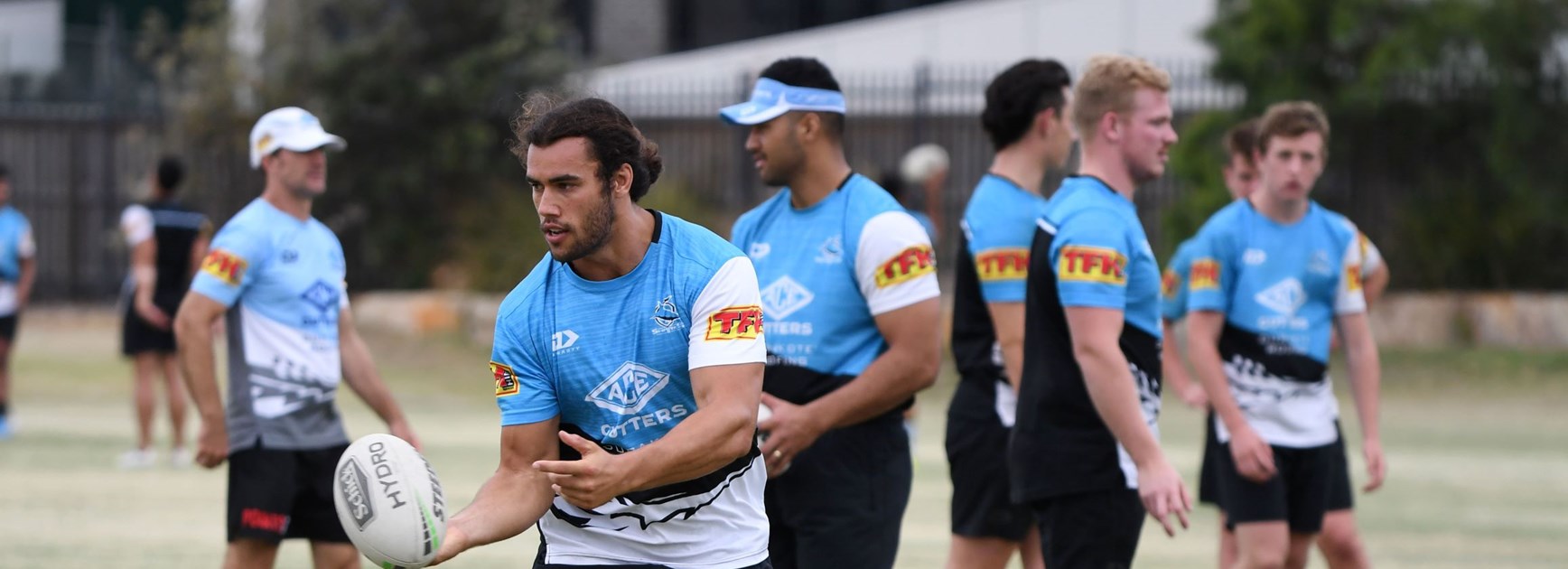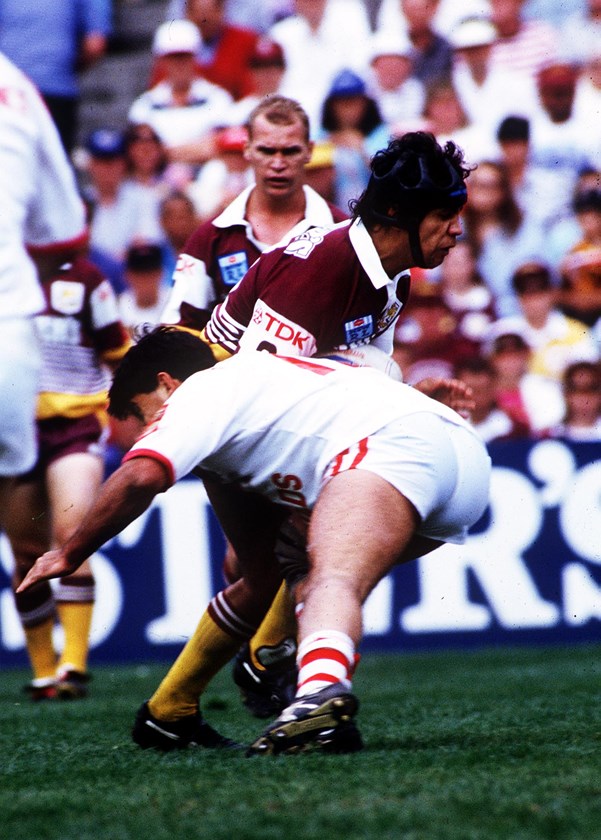
Broncos legend Steve Renouf was 17 when he was first handed a sheet of paper that contained information on where the nearest gym was for him and his teammates.
Brisbane declared in 1988 – their inaugural year – that weights weren't a compulsory measure as part of your obligations as a player, nor was picking up the telephone - or fax machine in some cases - to communicate your development.
The programs were split into two groups – backs and forwards – a far cry to nowadays where high performance staff tailor to an individual's physical needs and requests.
"Did you think I went to the gym on my own accord when I was supposed to? No chance," Renouf told NRL.com.
"We were unattended so it's not like you got in trouble. But that all changed two years later when Kelvin Giles came along, it became compulsory and we had set sessions. Within a couple of years, things changed very quickly."
Who has the worst dress sense
Giles, who was the club's director of performance for six years, overlooked all performance and talent identification under Wayne Bennett.
He organised programs around players who trained on their own and in set groups. Most were working as labourers or studied.
For Renouf, who was diagnosed with type one diabetes in early 1993, he and his former teammates can relate to the unsettled environment that NRL players now find themselves in with the latest COVID-19 pandemic.

"We just always found a way to survive, it's just the way it was," Renouf said.
"They won't get a choice, they've got to re-adjust to the current climate. I've already seen a few things in the media about them needing a few weeks to get up to speed with training.
"In 1992 I went to England with the Broncos and Australian World Cup team. Early '93 I came back and lost eight kilos over the off-season.
"At the time I thought how good is this? But when I got back to training, I had no energy and it was a flat out a struggle trying to lift five-kilo dumbbells.
"Unbeknown to me my sugar levels were high and I was soon diagnosed. It took me a while to adjust but within a few weeks I was back to full-time training, although a few weeks behind overall with the rest of my teammates.
"I ended up playing the first trial game and recovered quickly. I had a late start and we never trained leading into Christmas.
"Whatever the situation is, it can be done. The players today have got a base and will keep their base going. The clubs will have them organised for when players are due to return."
It was a similar case for the Knights in 1988 when Tony Butterfield ran out for the club in their inaugural season.

"We trained most nights with all three grades which gave us a much better club camaraderie and allowed players to communicate with others from different grades," Butterfield said.
"As things became more professional you trained four or five times and then you had another crew of players who had to work and you rarely got to see them.
"The guys missed out on being constantly monitored, it was a break for them with clubs constantly looking at numbers and GPS tracking.
"You wonder how we ever played the game without that but clearly we did and it survived."
Rookie reflections: Reuben Garrick
Butterfield said the common link was self motivation but also believed the players of today were far better prepared to handle any indefinite break in play.
"The common thread with these things is own self-motivation, to train with a level of discipline that you apply with your craft," he said.
"I think in this era with the way players have been coached there's probably an expectation that players will do a good job of training themselves.
"I imagine they wouldn't be flogging themselves as they would if they were at pre-season training but coming to terms with what they've done so far and how they can keep up their physical prowess for when the time comes for them to return to the field."


